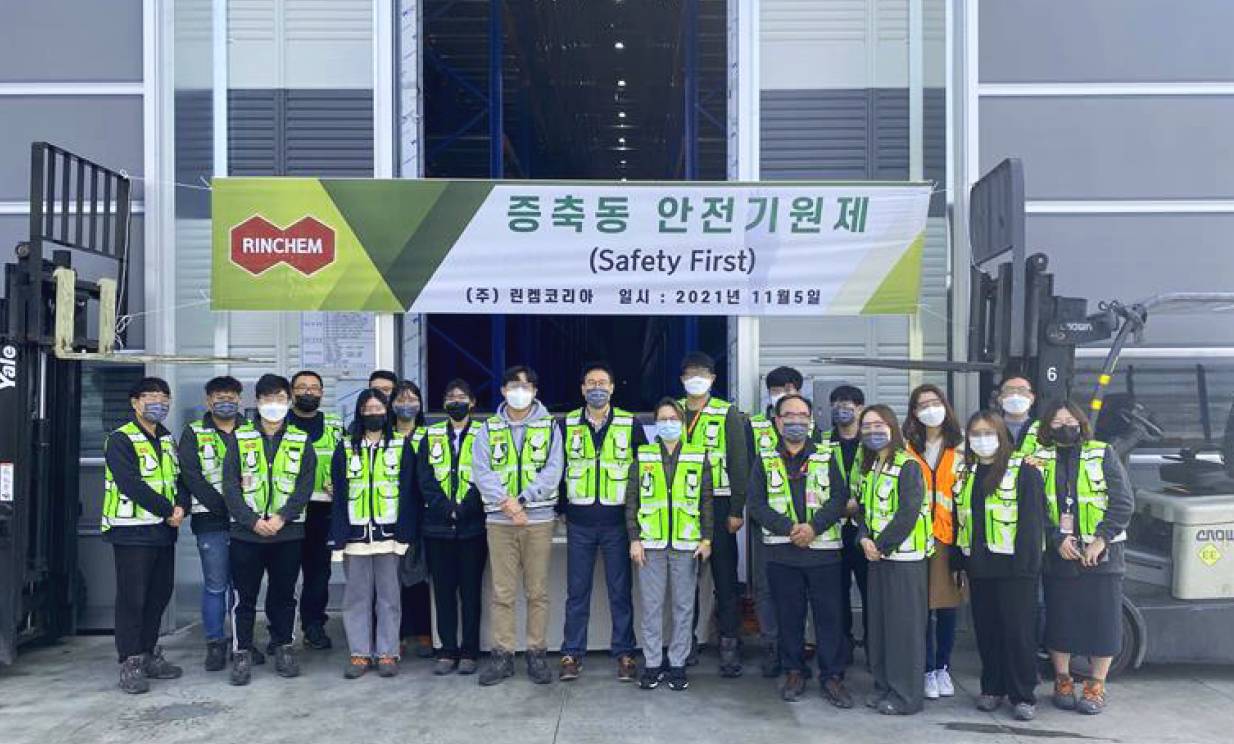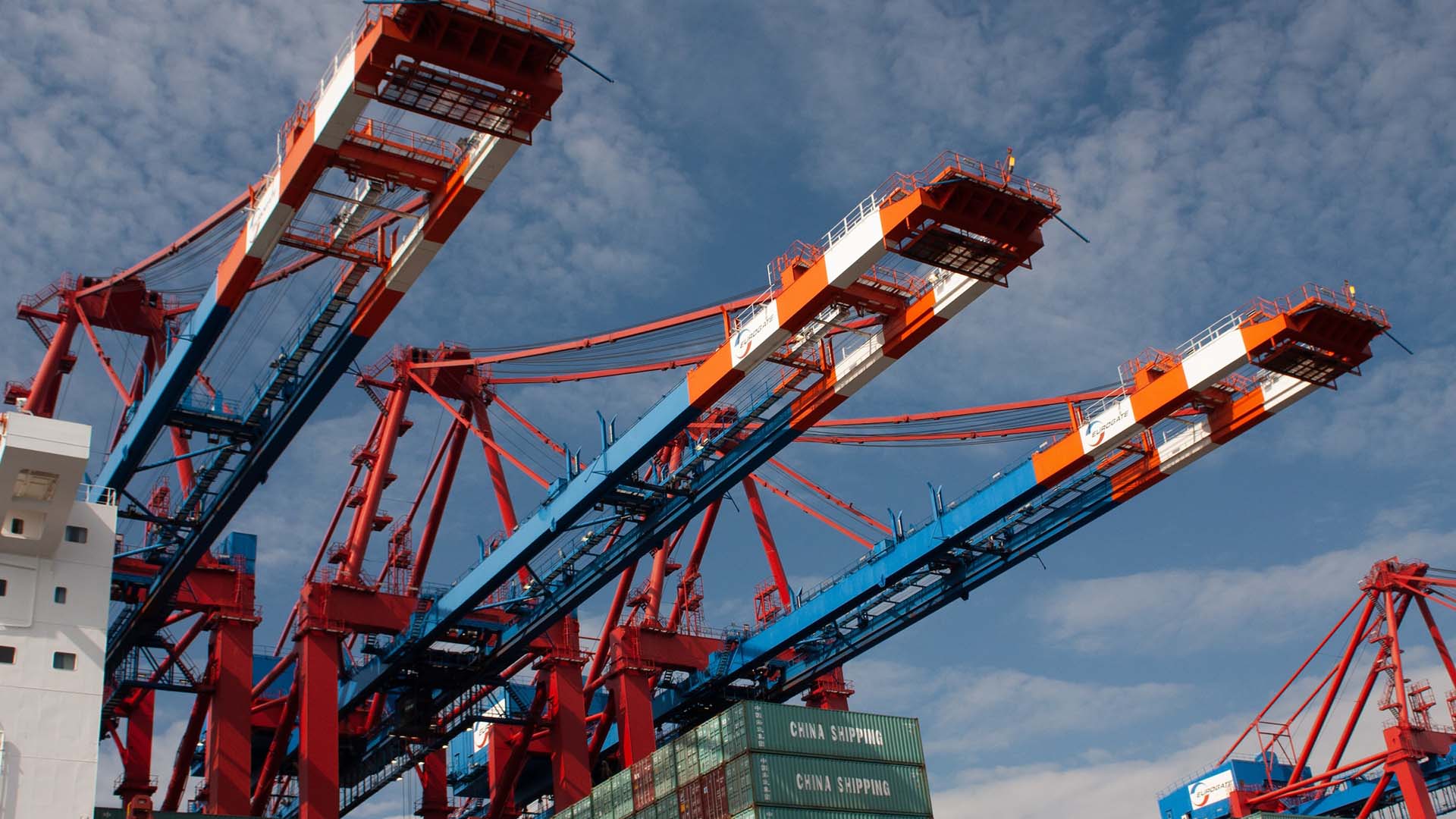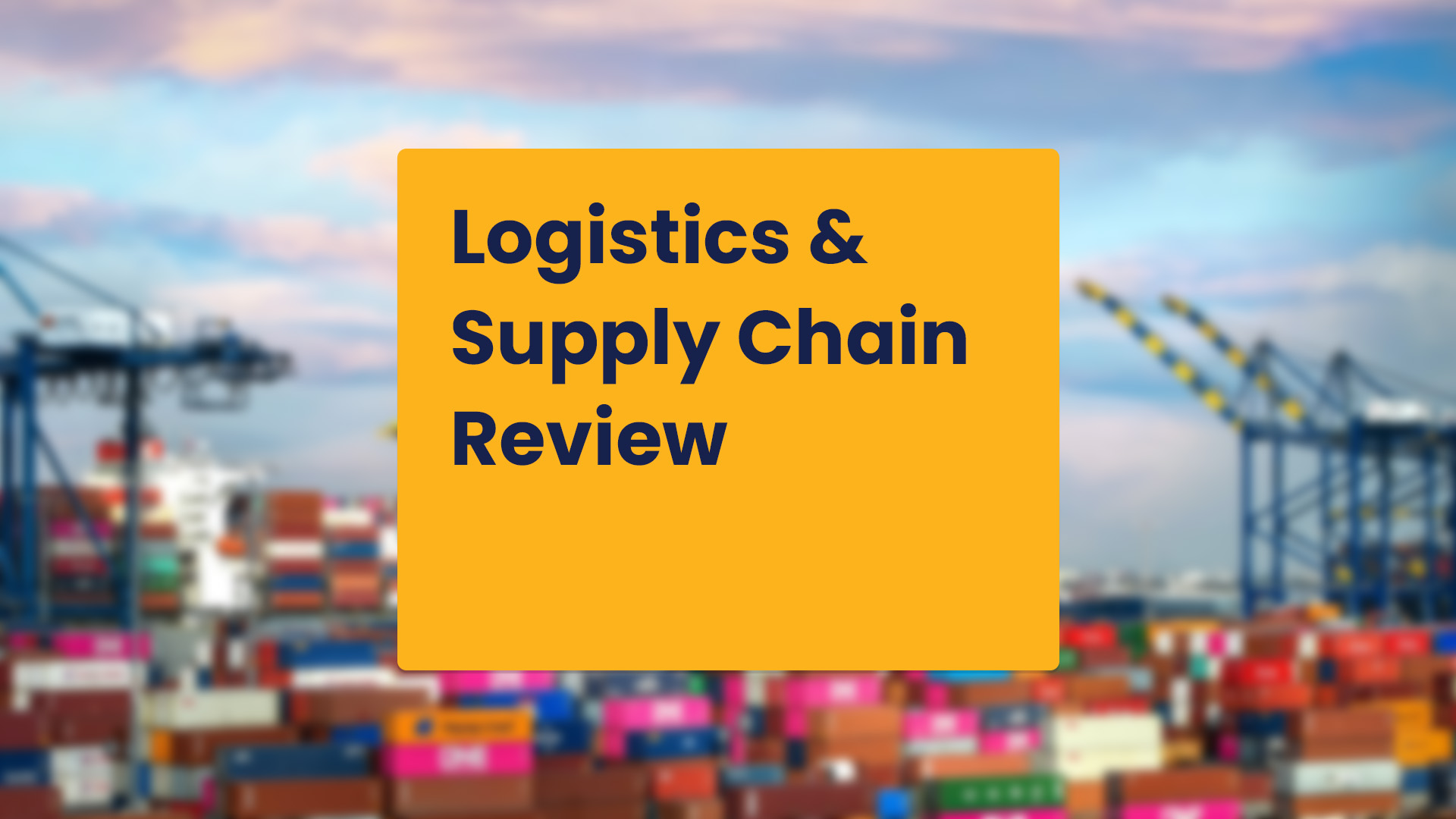Every week, Rinchem shares important articles and topics about chemical and gas logistics, industries we operate in, and the general global supply chain. In this week's update we talk about the increase in semiconductor sales, new semiconductor training programs popping up, and supply chain workforce training.
Keep reading to see this week's hot topics.
This week's stats
$62.1 billion- global semiconductor sales in July 2025 Semiconductor Industry Association
3- percent of large companies that have set goals to invest in worker skills Fast Company

Global Semiconductor Sales Increase 20.6% Year-to-Year in July
In July 2025, global semiconductor sales were $62.1 billion, representing a 20.6% year-over-year increase compared to July 2024, and a 3.6% increase from June 2025. The growth was driven mainly by strong demand in the Asia-Pacific region and the Americas. Regionally, year-over-year sales rose by 35.6% in Asia-Pacific/All Other, 29.3% in the Americas, 10.4% in China, and 5.7% in Europe, while Japan saw a decline of 6.3%.

Boise State awarded record $7.4M for semiconductor workforce center
Boise State University in Idaho is getting a $74 million investment for a semiconductor workforce center. The aim is to bolster training and workforce development to support semiconductor manufacturing and related industries in the region. Key components include expanded educational programs and partnerships to produce skilled workers for semiconductor‐sector jobs.

People-centered supply chains for the win
The article argues that supply chains need to shift from being purely efficiency-focused to being people-centered, meaning companies must invest in their workers—especially those in MSMEs (micro, small, and medium enterprises)—through upskilling and reskilling, better working conditions, and aligning with broader sustainability and stakeholder capitalism goals. It notes that while lower-carbon tech and sustainability are frequently in supply chain conversations, the human side—worker welfare, skill development—is often under-invested. The article emphasizes that large buyers and corporations need to support their suppliers not just with contracts but with the means to meet evolving sustainability and labor standards, or risk disruptions and contract losses.
Get more articles like this in your inbox
Sign up for our monthly newsletter
Find more articles


